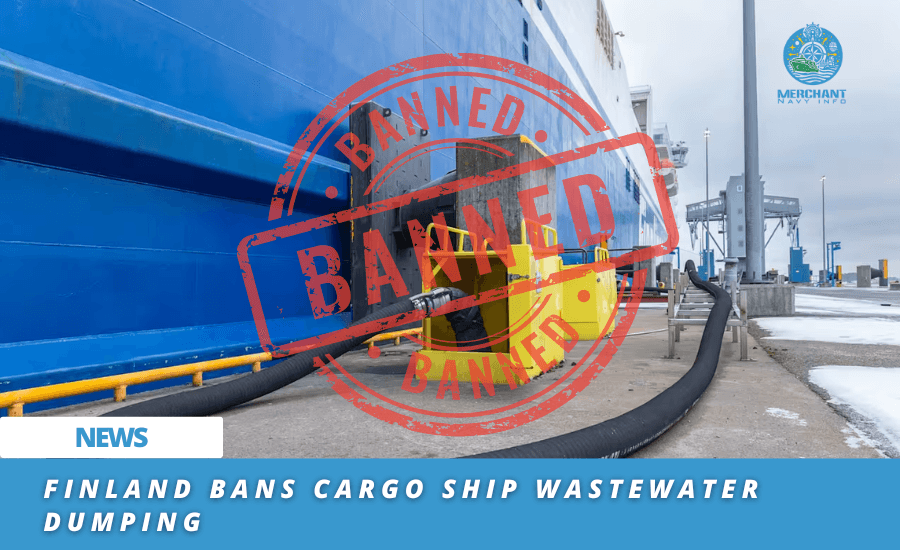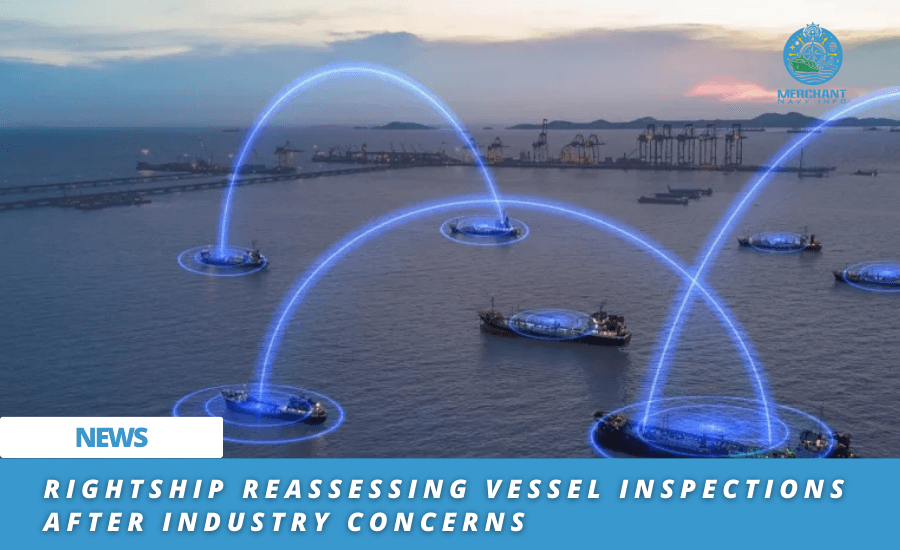
Finland is the first country in the world to ban cargo ships from dumping wastewater.
In July, a new law will be enacted that bans cargo ships from dumping wastewater into Finnish coastal waters.
Last week, the Finnish parliament passed a law that bans cargo ships from dumping sewage into the country’s coastal waters.
The new law, which will come into effect in July, will make Finland the first country in the world to implement such comprehensive wastewater regulations.
Passenger ships have long been banned from the practice, but now cargo ships must follow the same rules.
“This is a great achievement,” said Phil Wahlberg, executive director of the Baltic Sea Action Group (BSAG), an NGO specializing in environmental protection. “Major environmental victories are rare, but this decision is really something that no other country has enacted.” Protect fragile marine ecosystems.
A large blue Finnair ship moored in the port has its sewage emptied, with a huge black pipe entering a yellow metal container.
Mitigation measures
Currently, 20% of cargo ships operating in the Baltic region discharge their wastewater into port facilities rather than dumping it into the sea. The amount of wastewater collected from ships at the port has tripled over the past five years. Vesa Martinen, head of shipping operations at the Port of Helsinki, says Finland’s infrastructure is well prepared for this change.
“For many years, we have had facilities for treating wastewater from passenger ships and some cargo ships, and now we will work with the remaining ships to ensure that they are well equipped and have good procedures,” Martin explains.
Wastewater discharged into the Baltic Sea contains large amounts of fecal bacteria and solid waste. In addition, it is rich in nutrients that can increase eutrophication and lead to summer blooms of toxic algae, such as cyanobacteria.
Although these discharges are smaller than agricultural and forestry pollution, they are particularly harmful in the Baltic Sea region due to the shallow depths of the sea and limited water exchange.
BSAG has long been campaigning against dumping on board, initially promoting voluntary measures between shippers, ports, and waste management providers and calling for a legislative ban. Walberg stressed the importance of change.
“With around 2,000 ships a day in the Baltic Sea, and 15 to 20 crew members on each cargo ship, this is the equivalent of a medium-sized city dumping sewage into the sea. It won’t happen.” “It’s possible.”
While the law is a landmark, it does not eliminate all risks. Ships can still legally discharge wastewater into international waters outside of Finnish jurisdiction.
Wallberg said he believes it is now the responsibility of shippers and transport customers to maintain higher standards.
“I am sure shipping companies and cargo owners will insist on discharging waste in ports. This law provides a solid foundation and I am optimistic that we will see a significant increase in wastewater collected in Finnish ports.”
If other Baltic countries adopt similar legislation, the region’s international waters could also become subject to stricter rules. Cooperation between Baltic ports is already strong, and there is growing interest in Sweden and Denmark introducing similar grey or wash water standards.
“This law sets a precedent for how such measures can be incorporated into national legislation,” said Wallberg. ”
“This is a great opportunity to expand this approach to other Baltic countries,” he said. “We have a strong example to follow, but it will take years to achieve widespread adoption.”









